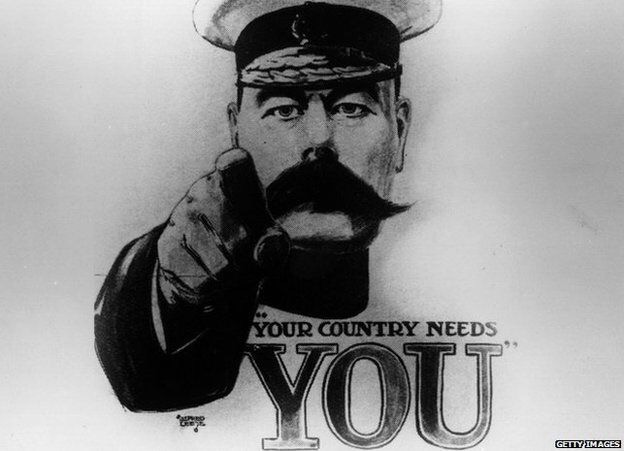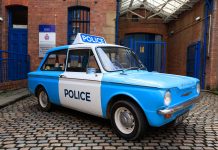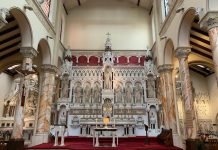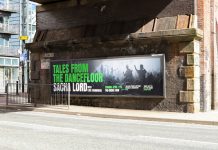As 1916 began across Manchester, the new year was celebrated with the usual midnight services but a much smaller and less noisy crowd in front of the Town Hall.
“It was indeed difficult to develop a cheerful spirit under the circumstances” wrote the Evening News adding that “ only one or two of the tall electric standards cast any light below and the Town Hall clock was scarcely visible in the gloom”
The New Year sales were in full swing though with large crowds reported on Oldham Street,Deansgate, Kings Street, St Ann’s square and Market Street and the Pantomime was in full swing with Robinson Crusoe on twice nightly at the Ardwick Empire.
The New Year’s honours saw the city’s former Mayor Alderman McCabe knighted.
Three children were injured when a hoarding blew down in the wind on Great Ancoats Street.The oldest eleven, the youngest three were all taken to Ancoats hospital, the oldest being detained overnight with wounds to her head.
A runaway tram car in Radcliffe saw one person killed, and several people injured,with three vehicles involved as a tram approaching from Whitefield down the Radcliffe New Road, failed to stop as it careered down hill and left the tracks, colliding with two carts and coming to rest outside a green grocers shop.The driver of the tram was one of the injured.
The Lord Derby report on recruitment was released with the figures showing that over two million men of recruitment age had failed so far to register for service across the country adding to the growing clamor for conscription.
On 11 October 1915 Lord Derby was appointed Director-General of Recruiting. He brought forward a programme five days later, often called the Derby Scheme although its official title was the Group Scheme, for raising the numbers. Men aged 18 to 40 were informed that under the scheme they could continue to enlist voluntarily or attest with an obligation to come if called up later on. The War Office notified the public that voluntary enlistment would soon cease and that the last day of registration would be 15 December 1915.
That week the Prime Minister would bring in the Compulsory Services Bill which would apply to all single men who failed to register under the Derby scheme from before Xmas.The first reading of the Bill pasted easily in the Commons but saw the Parliamentary Labour Party withdraw from the coalition in protest.
Every male British subject registered at the 15th August last and agreed between 18-41 and was unmarried or a widower without siblings would now have to enlist unless coveted by the exemptions.
At a meeting of Manchester’s City Council Margaret Ashton moved that public halls should be made available for groups that wanted to campaign against conscription. The resolution was defeated and there were calls for her to be removed from her council committees.
She had earlier delivered a speech to the Clarion Club in which she had spoken out against the war.
In her defence she replied that every man of fighting age in her family was at the front and if I were not sixty years of age I should be out in Serbia.
She was to be removed from the appointments committee of Manchester’s education committee by sixty two votes to thirty seven.
Xmas letters were coming from the front.One Manchester Pal writing that he had a beautiful Christmas Day marching seventeen miles back from the trenches and dining on an exceedingly hard biscuit, while it rained all day.
Salford Council also met that week with the discussion centering around the increased darkening of the streets due to the blackout.Unless greater care was exercised in the running of fast traffic, and also on the part of the public with regard to their safety, there would be more accidents.
That week would see further blackout regulations introduced across Manchester, which would include no headlights on cars and side lights to be specially darkened while every horse drawn vehicle and bicycle would have a white light at the front and a red light at the rear.
All shops and houses were forbidden to throw any light directly onto the roadway and the blinds of railway carriages were to be drawn.However reported the Evening News there were problems across the region with the regulations as the task of procuring blinds was becoming exceedingly difficult.







